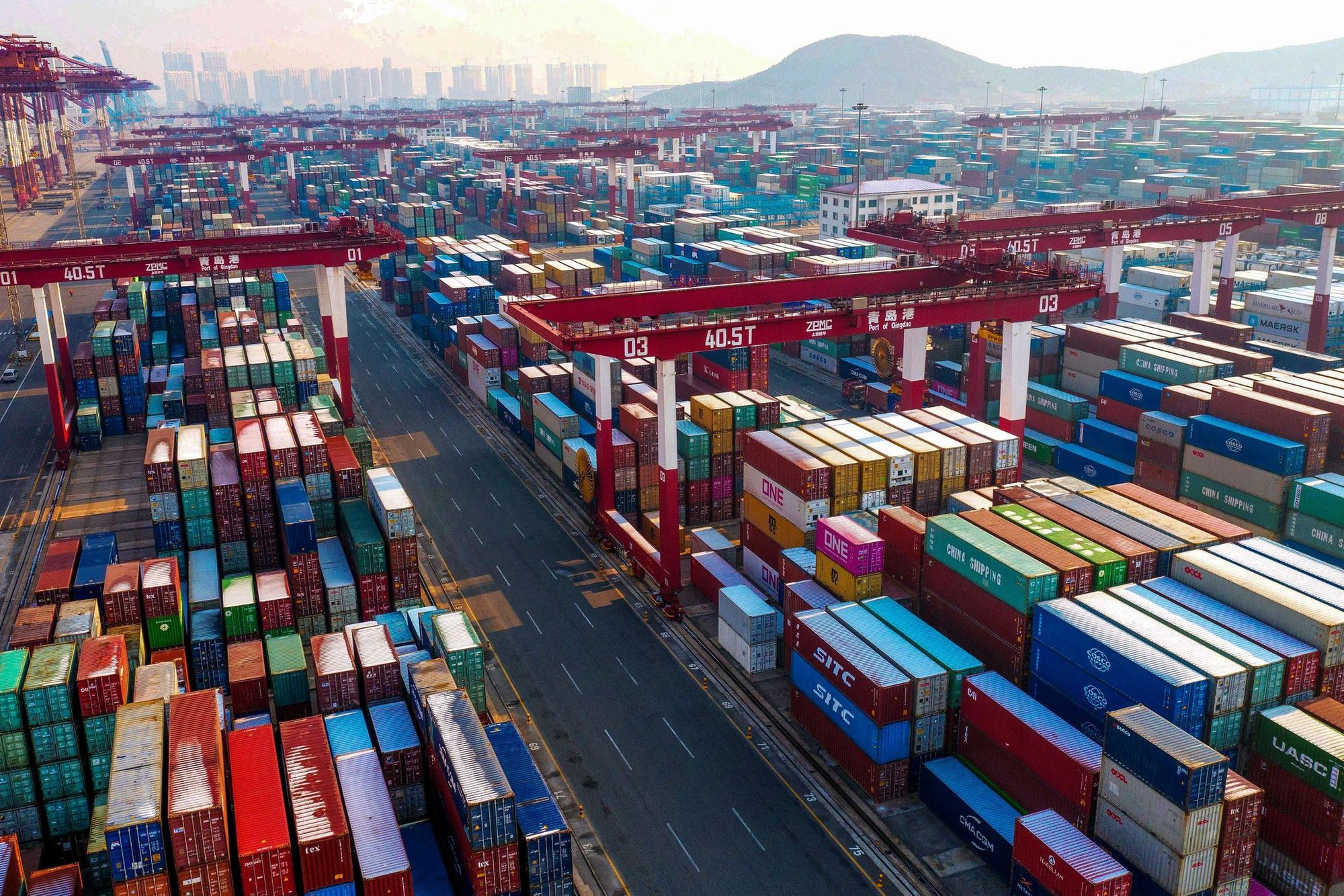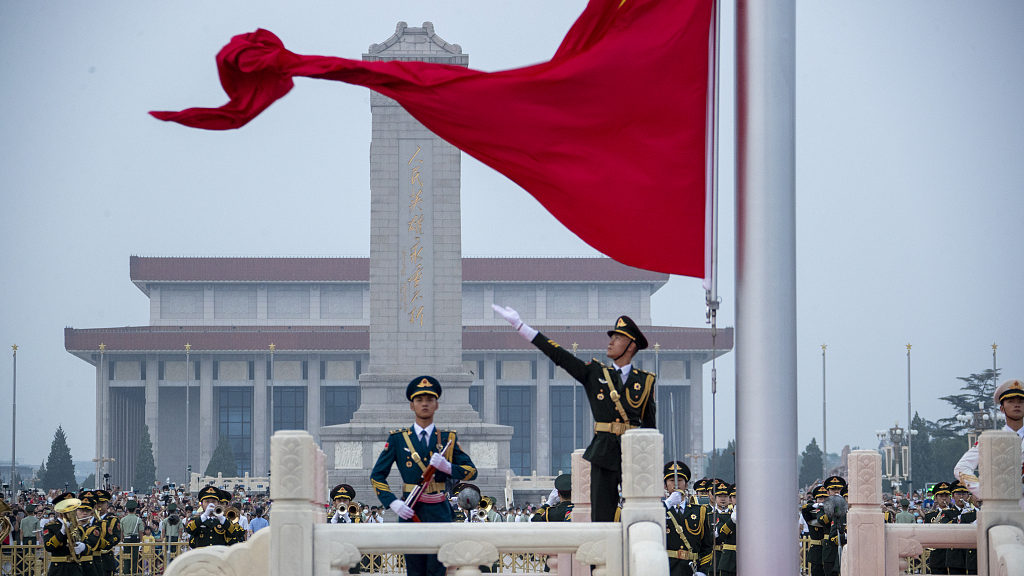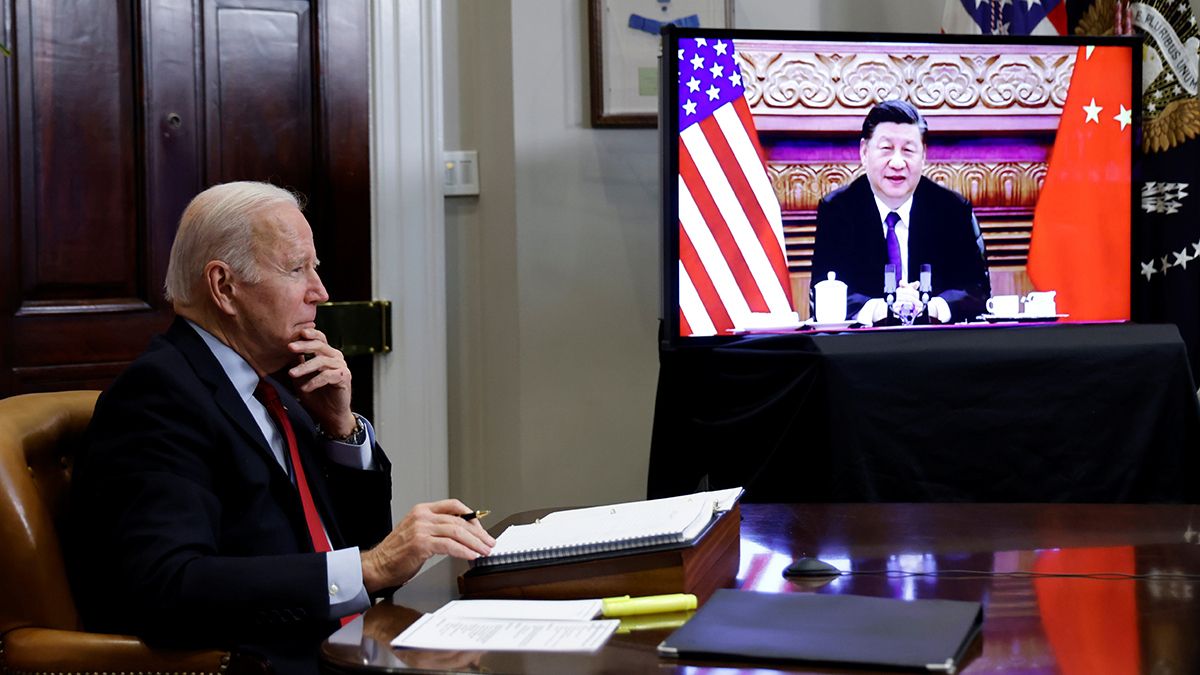On October 7th, the Biden administration announced new sanctions on the People’s Republic of China (PRC), targeting the country’s production of semiconductor chips. Billed by the Bureau of Industry and Security (BIS) as “a series of targeted updates to its export controls,” these measures also effectively halt any “US persons supporting the development, or production of integrated circuits at some chip plants located in China”. This means that the United States government has forbidden a large portion of advanced computer chips from being exported to China and has also halted the ability of U.S. nationals to work for firms producing those chips inside the borders of the PRC.

The BIS states that these restrictions are “to protect U.S. national security interests and foreign policy interests,” claiming that these measures make it more difficult for these technologies to be used by China for military purposes. This new round of export controls (i.e. sanctions) also includes the provision that “foreign government actions that prevent BIS from making compliance determinations will impact a company’s access to U.S. technology through addition to the Entity List.” While not the most severe sanction designation, being placed on the Entity List requires specialized licenses to export or transfer specific goods deemed “against the interest of U.S. foreign policy interests.”
All of this is meant to continue the United States’ policy of escalating tensions between itself and the PRC. Specifically, these measures are intended to undercut the aims of the Communist Party of China to “achieve technological self-sufficiency,” an aim expressed recently by Xi Jinping during his opening address to the 20th National Congress of the CPC. While this move by the Biden administration seeks to complicate that goal, it also carries the potential of harming the flow of technologies and chip shipments on a global scale. This announcement also comes fresh off the heels of representative Nancy Pelosi’s recent trip to Taipei, which was even critiqued by bourgeois news outlets, which was conveniently timed on the 95th anniversary of the Chinese People’s Liberation Army.

Given the immense scale of projected climate changes in the coming decades, and the potential for these technologies to aid in the mitigation of climate catastrophe, it is incumbent for the left to be against any measures that make the tasks of this century more difficult. We must fight for cooperation against the harmonies of Bloomberg and Forbes, who wrap their war cries in “sober analysis” to join the State Department’s chorus.
This is not to say the nature of the PRC and its role in the fight for a better world is irrelevant or doesn’t require careful thought and study. Increased tensions between the United States and China that manifest in diminishing relations, much less open warfare or potential mutual destruction, are nothing but detrimental to the advancement of the working and oppressed global masses.

